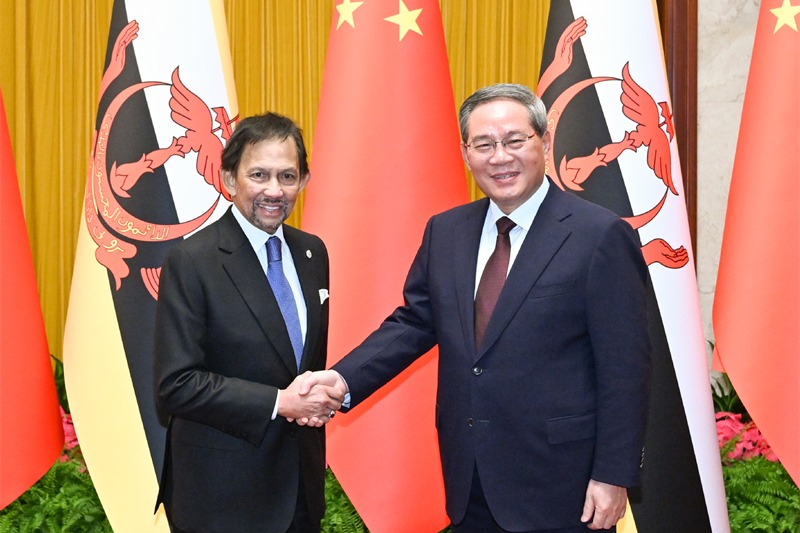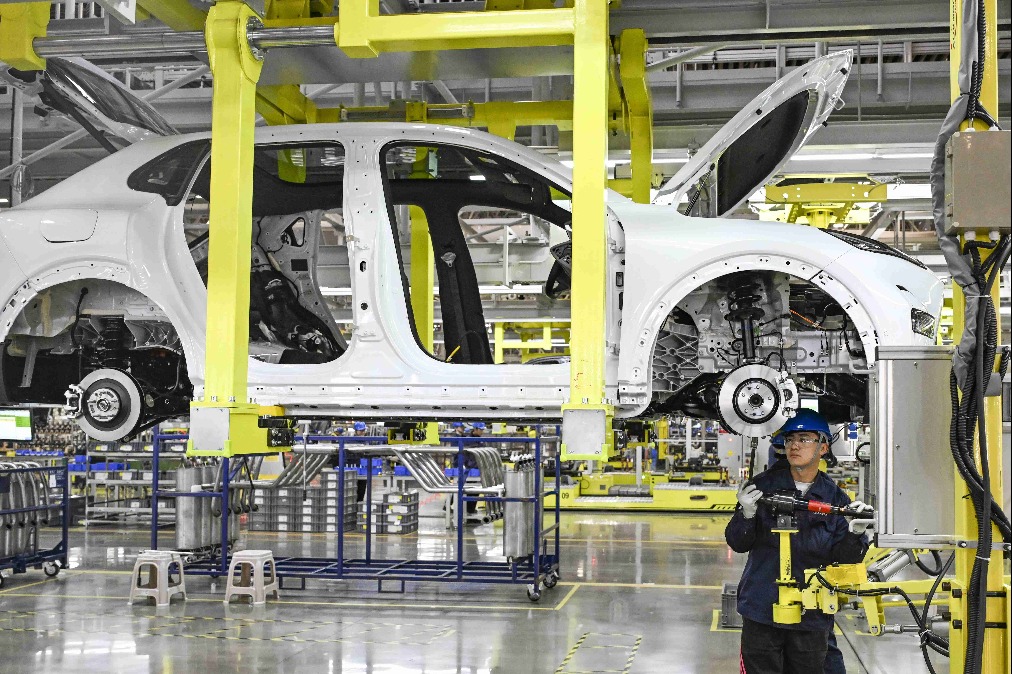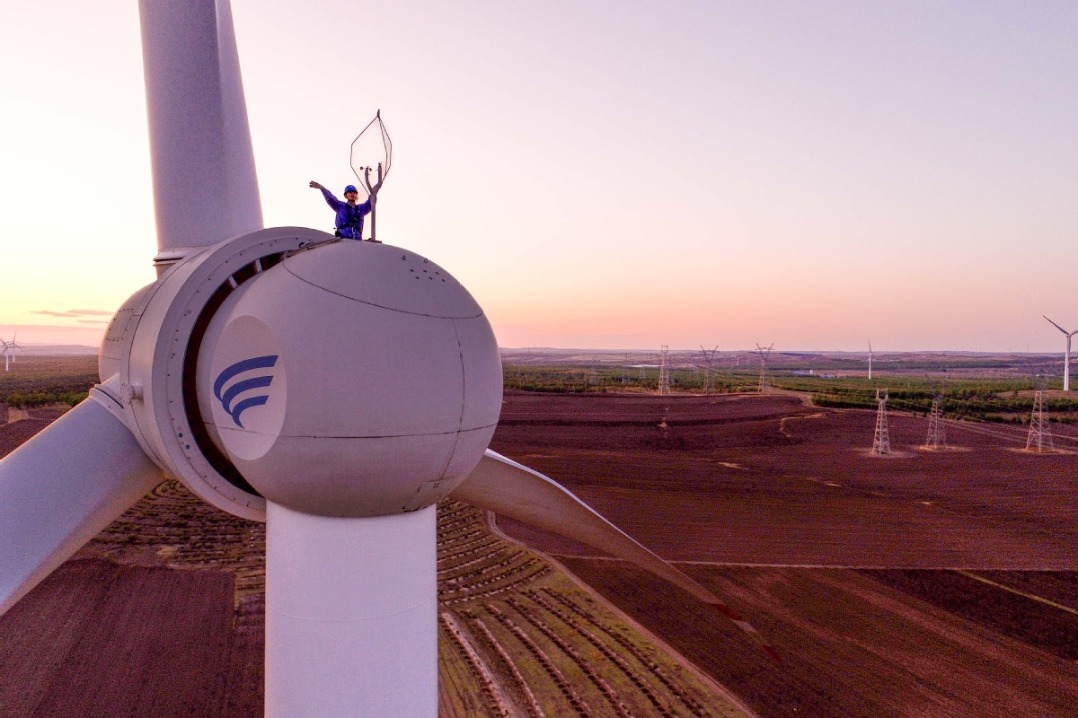Going it alone: Lexus venture to build cars, batteries in Shanghai


Toyota, the world's leading carmaker by sales, has made a bold move to establish a wholly owned subsidiary in Shanghai to produce batteries and electric vehicles for its high-end Lexus brand.
The new facility, set to begin production in 2027, will manufacture up to 100,000 electric vehicles annually.
The decision is part of Toyota's broader ambition to tap into the rapidly growing demand for premium electric vehicles in China.
The move marks a significant shift from Toyota's traditional approach in China, where it has operated through joint ventures with local firms like FAW and GAC.
As China gradually opened its EV sector, allowing foreign companies to establish wholly owned subsidiaries, Toyota's decision aligns with the government's broader industrial objectives.
The new Lexus plant will be the second wholly owned automotive facility in China after Tesla's Shanghai Gigafactory, offering Toyota greater control over its production and operations.
Toyota hopes that this will enable it to respond more quickly to market demands and reduce its reliance on local partners. The move could be especially beneficial as consumer preferences for EVs continue to evolve.
Additionally, the appointment earlier this year of Li Hui as the general manager of Toyota China, the first Chinese to hold this position, provides more agile decision-making in the highly competitive segment, making input from a local partner unnecessary.
Prior to the appointment, Li was a senior executive in charge of Lexus' operations in China. He worked his way up from joint venture GAC Toyota. Li has said that Toyota will build a research and development system in China.
Analysts view this as a significant step in revitalizing Toyota's position in China, where it has been losing ground to rivals including BYD and Geely.
"Toyota's decision to establish a wholly owned plant in Shanghai reflects a strategic shift to gain greater control over its operations and better align with the preferences of Chinese consumers," said Zhang Wei, senior automotive analyst at China International Capital Corporation.
"This move positions Toyota to more effectively compete with both domestic and international luxury EV manufacturers," she added.
China remains the world's largest producer and consumer of electric vehicles, accounting for more than 60 percent of global new energy vehicle sales in 2024.
The luxury EV segment is expanding rapidly, driven by the increasing affluence of China's middle class.
With Lexus well-established in China, Toyota will be able to avoid tariffs on imported cars, making it more cost-effective to produce and sell its luxury EVs locally.
Tesla's success in Shanghai, since the opening of its Gigafactory in 2020, serves as a model for Toyota.
By owning its operations, Tesla has optimized production efficiency, reduced costs and navigated regulatory hurdles. Toyota likely sees this as an example of the potential benefits of local manufacturing.
But local production alone is no guarantee of success because the competitive environment in China's EV market has grown more complex.
Local players like Zeekr, Nio and Xiaomi are rapidly gaining market share, and international competitors such as BMW and Mercedes-Benz are intensifying their efforts to catch up.
More importantly, Chinese car buyers are gradually becoming convinced that domestic carmakers can outperform overseas rivals, in terms of their speed to roll out new models and the availability of new features.
To succeed, Lexus will need to change its image in the minds of car buyers by differentiating itself through advanced EV technology, premium customer experiences, or strong aftersales service.
BMW and Mercedes have been trying to do so in the NEV age but are yet to make it.
Also, Toyota may need to leverage its global experience in manufacturing and quality control to secure a significant share of the luxury EV segment.
Success will also depend on its ability to innovate, particularly in autonomous driving — an area that is becoming increasingly important to Chinese consumers.
Such smart features are now standard in vehicles priced below 200,000 yuan ($27,460) this year, said Zhang Yongwei, secretary-general of China EV100, a Beijing-based automotive think tank.




































